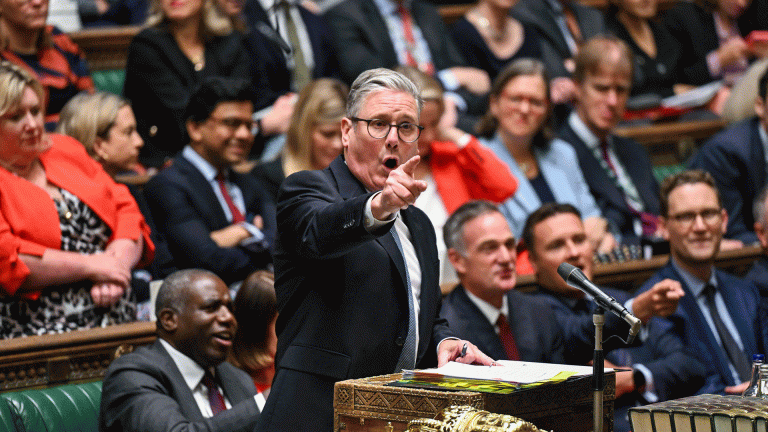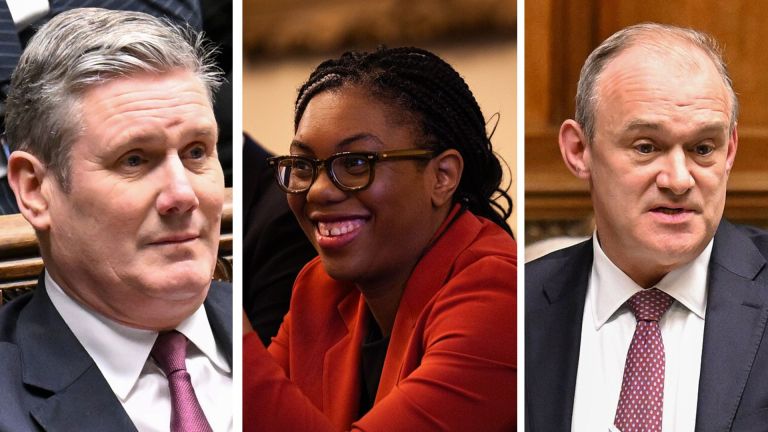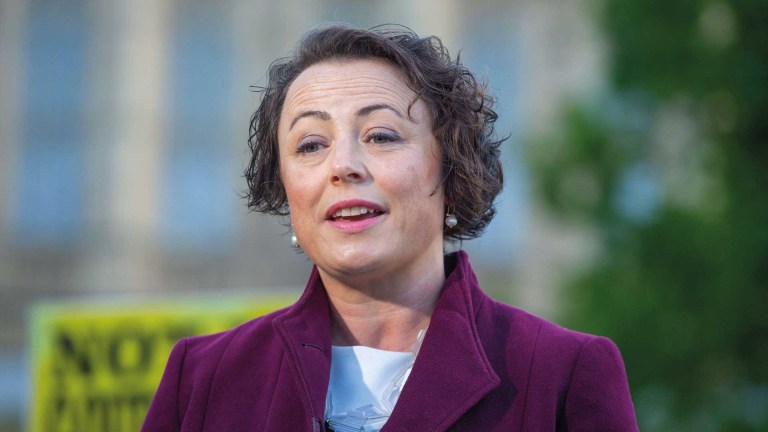She asked why ministers thought the £13-per-month licence fee was more central to the crisis than the “£1,200 a year increase in energy and household bills or £3,000 a year tax increases”.
“Is this licence fee really at the heart of the cost of living crisis or is this really about their long standing vendetta against the BBC?” she added.
Dorries also confirmed that she wants to find different funding models for the BBC to introduce from 2027, indicating that the government intends to scrap the licence fee altogether if still in power.
Alternatives could include privatisation through Netflix-style subscriptions or new taxes to be paid by everyone, even if they don’t watch the BBC.
People have been quick to point out that the licence fee is not really a factor in the financial crisis facing people across the UK.
Getting rid of the fee would save households £3 per week, just 15 per cent of what ministers cut from families’ income through the universal credit cut.
Advertising helps fund Big Issue’s mission to end poverty
And at £159 per year, removing the charge from a household’s annual outgoings would only cover the cost of one month’s average fuel bill as energy costs skyrocket.
It would do little to reverse the £1,040-per-year cut landed on low-income families in October when the government returned universal credit to pre-Covid rates.
Some are suggesting the move is driven not by concern for household budgets, but an attempt to regain support for Boris Johnson amid lockdown party scandals by reigniting an attack on the BBC.
Speaking in parliament, Powell congratulated the culture secretary for “coming top of the teachers’ pet list”.
Dorries was “first to throw up a distraction in finding someone else to blame for the prime minister’s disintegrating leadership: the BBC’s reporting, of course,” Powell added, referring to reports that first appeared in the papers over the weekend.
“The prime minister and the culture secretary seem hell-bent on attacking this great British institution because they don’t like its journalism. British broadcasting and our creative industries are renowned around the world and should be at the heart of Global Britain.”
Advertising helps fund Big Issue’s mission to end poverty
Government policies have been blamed in large part for the financial crunch facing households across the UK. Ministers cut universal credit by £20 per week in October, the same week furlough ended and Ofgem increased the energy price cap.
They are also set to introduce a national insurance increase this April – to prop up the NHS – just as the energy price cap rises again, which experts warned could increase average fuel bills by 50 per cent.










